Benjamin Netanyahu's office said representatives of the Mossad intelligence agency and military would attend the talks but gave no further details. There has been no immediate comment from Hamas.
The office of Israel's Prime Minister Benjamin Netanyahu has said a delegation has been approved to resume ceasefire negotiations in Qatar.
American, Qatari and Egyptian mediators have spent nearly a year trying to broker a ceasefire and hostage release deal between Israel and Hamas but those efforts have repeatedly stalled with both sides blaming the other for their failure.
At one point last year Qatar suspended its mediation efforts out of frustration with the lack of progress.
Netanyahu's office said representatives of the Mossad intelligence agency and military would attend the talks but gave no further details.
There has been no immediate comment from Hamas on the latest bid to try to end almost 15 months of war in the Gaza Strip.
That started after a Hamas-led incursion into southern Israel on 7 October 2023 which saw around 1,200 people killed and 250 others taken as hostages back to Gaza.
Around 100 remain captive in the Strip but Israeli officials believe at least a third of them are dead.
Fierce fighting across Gaza has decimated much of the Strip's infrastructure and the Hamas-run health ministry says more than 45,500 Palestinians have been killed, but officials don't distinguish between combatants and civilians in the tally.
Raid in Syria
Meanwhile, the IDF has claimed responsibility for a night-time raid in Syria last September in which it says dozens of commandos destroyed a top-secret Iranian-led missile factory.
Israeli military spokesman Lieutenant Colonel Nadav Shoshani said that Iran, working with its Syrian and the Hezbollah allies, planned to build hundreds of precision guided missiles per year at the factory that could be transferred to Lebanon.
He said the facility was located in western Syria around the town of Masyaf near the Lebanese border.
He said Israel had been monitoring the underground facility for several years, but decided to strike at a time when Israel was at war with Hezbollah and the factory was becoming operational.
"This facility posed a clear threat to the state of Israel and this is why we had to take action," he said.
Shoshani said over 100 special force soldiers took part in the 8 September raid, backed by dozens of aircraft.
Calling it one of Israel's most complex operations in years, he said soldiers arrived by helicopter and entered the facility, which he said was dug deep into the side of a mountain.
Attacks from Yemen
But while Israel and Iran-backed Hezbollah reached a ceasefire in late November that has largely held, Israel continues to come under fire from the Houthi rebel group in Yemen.
The IDF said in a statement early on Friday morning that sirens were sounding across Israel due to "projectile fire" from Yemen but didn’t say what it was or where it had landed.
The Iran-backed Houthis are stepping up their missile attacks on Israel, sending hundreds of thousands of Israelis scrambling for shelter in the middle of the night, scaring away foreign airlines and keeping up what could be the last major front in the Middle East war.
Because most missiles are intercepted and because the fire is usually a single missile at a time, the strikes have not caused major physical damage, although a few attacks have been fatal during the 15-month war in Gaza as the Houthis attack in solidarity with Hamas.
Shortly after the war in Gaza started, the Houthis also began targeting Red Sea shipping it said had commercial links to Israel. However, very few of the vessels hit had any links with Israel but the missile fire slashed traffic in the key maritime waterway.
Israel has repeatedly bombarded ports, oil infrastructure and the airport in the Houthi-held capital Sanaa, some 2,000 kilometres away from Israel.

 1 week ago
4
1 week ago
4
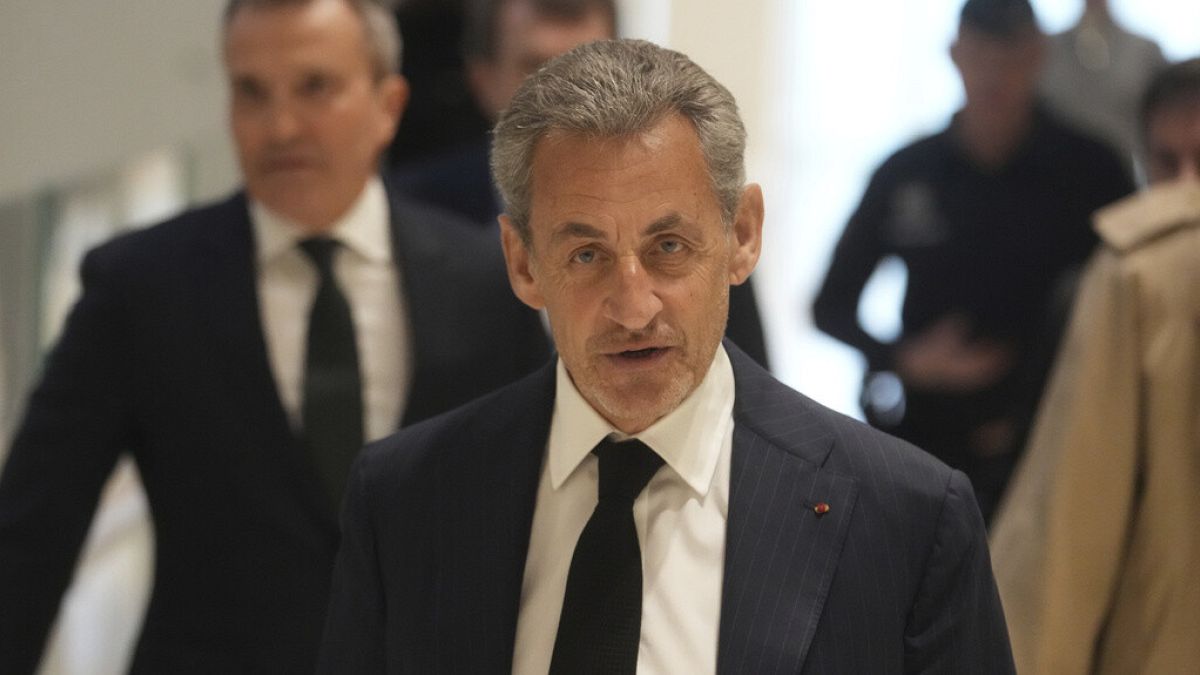
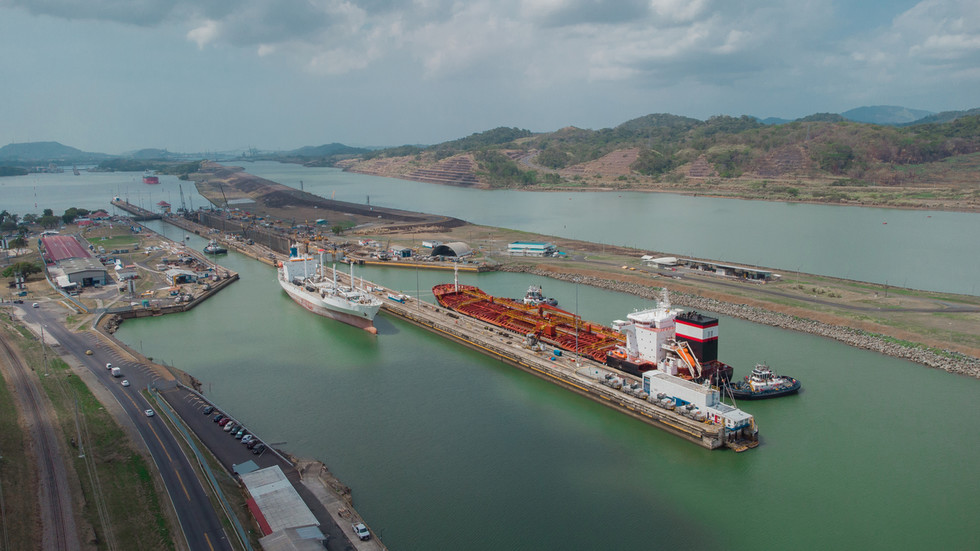
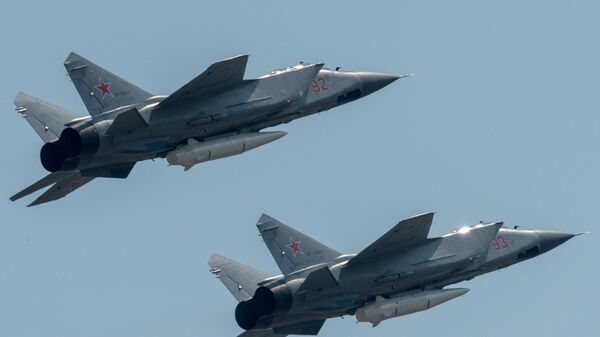
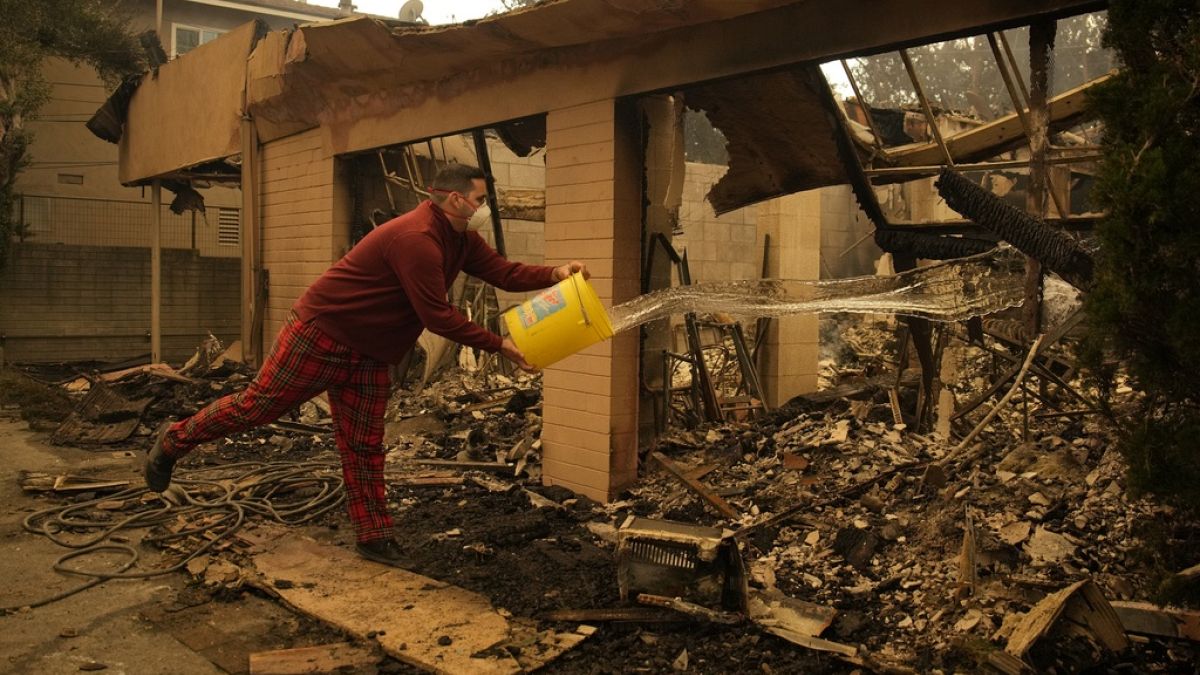
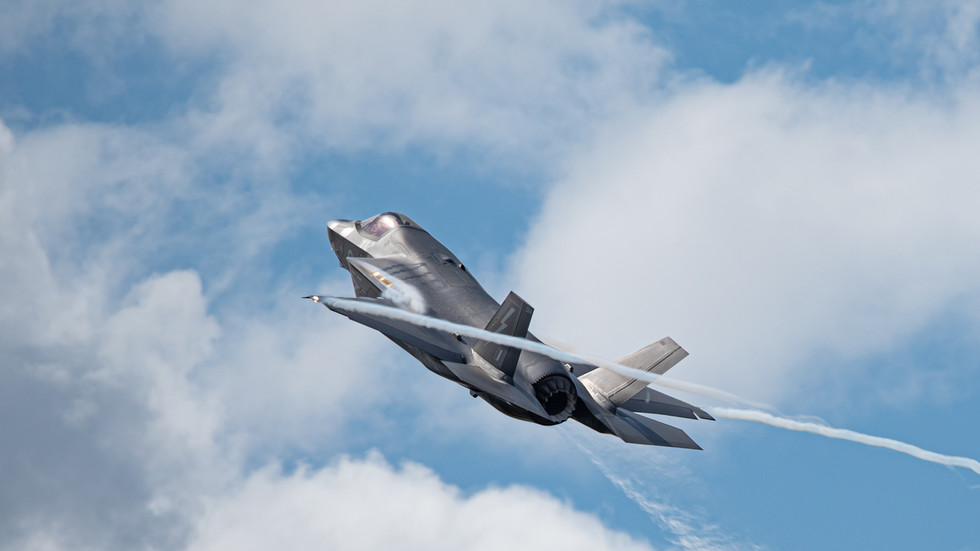
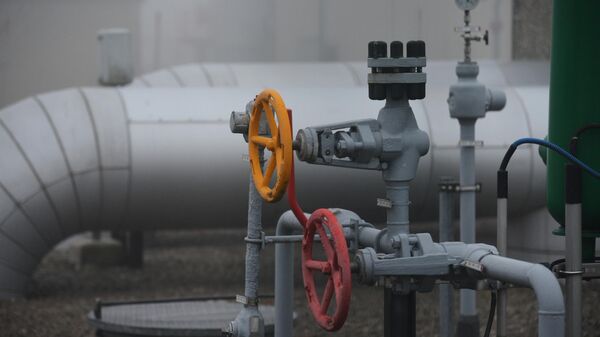
 We deliver critical software at unparalleled value and speed to help your business thrive
We deliver critical software at unparalleled value and speed to help your business thrive






 English (US) ·
English (US) ·